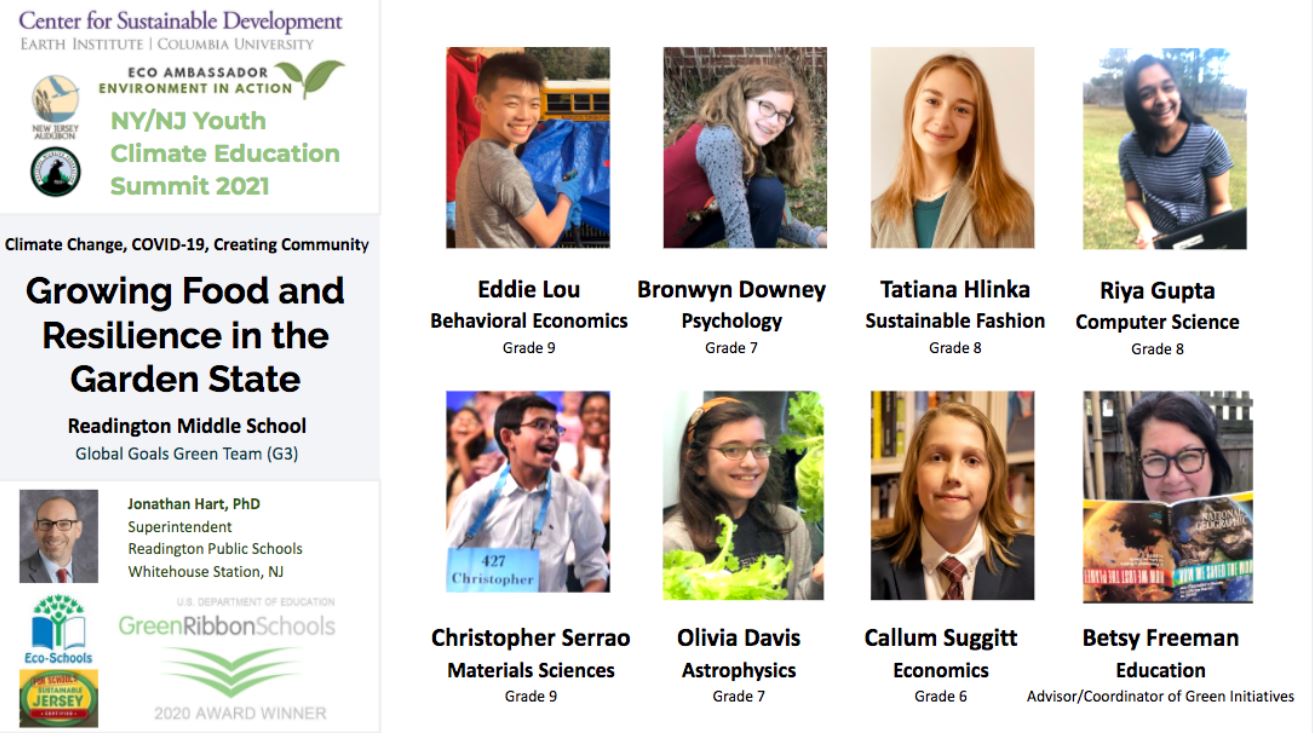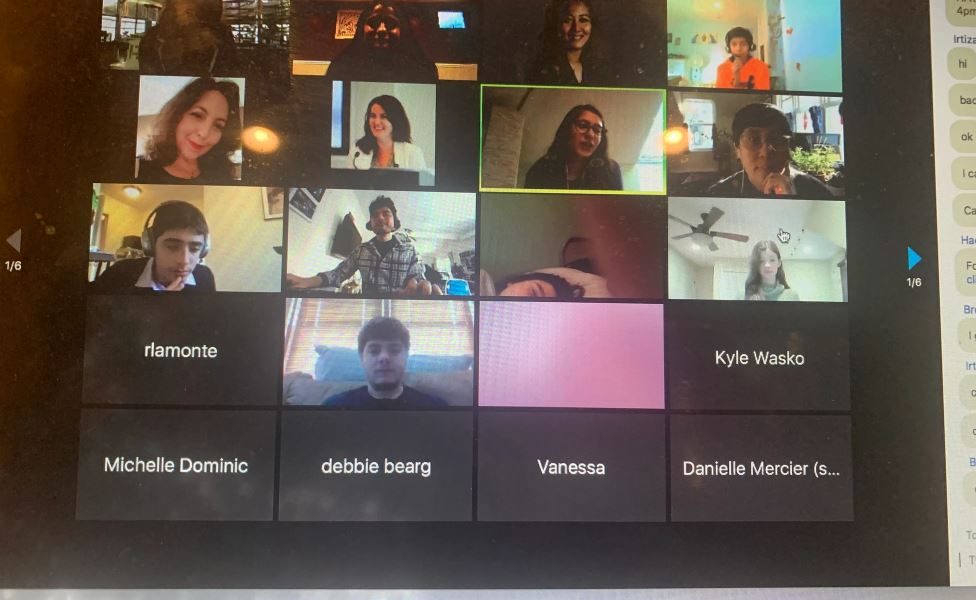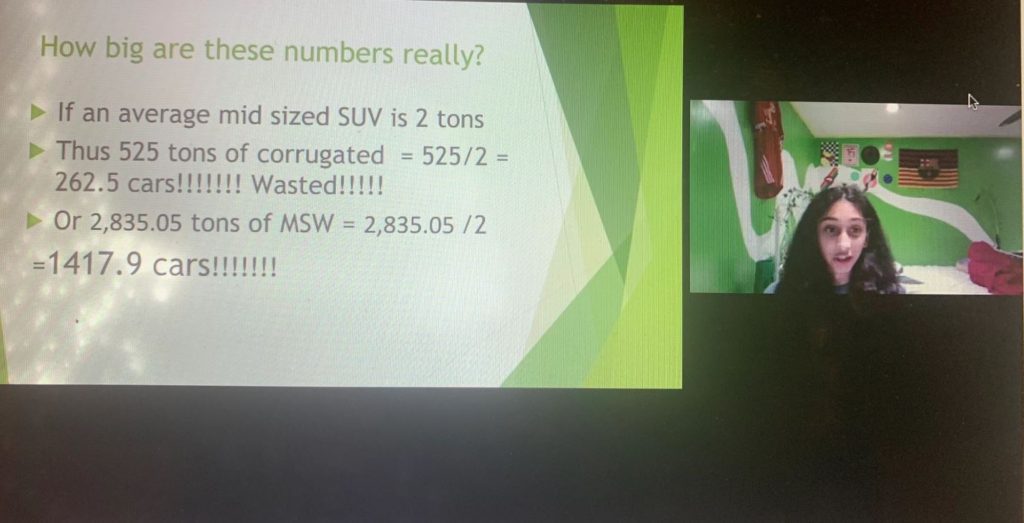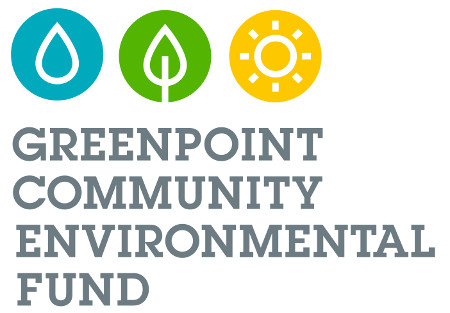Note by Go Green BK: The NY-NJ Climate Education Youth Summit has been going on this past week. Presented by Columbia University’s Eco Ambassador Program of the Center for Sustainable Development at the Earth Institute, in partnership with the National Wildlife Federation in New York City and New Jersey Audubon, the summit was free and open to all. Each day offered inspiring speakers, fun and thought-provoking discussions and networking sessions with Go Greeners of all ages and in particular, middle school and high school students. Go Green BK is delighted to reprint daily recaps of each marvelous day. Check out the full agenda here.
* * *
By Dvita Bhattacharya, Millburn Middle School, NJ and Ashna Swaroop, Millburn Middle School, NJ. Originally published in Education and Sustainability on Wednesday, February 10th, 2021.
EDUCATION FOR CLIMATE ACTION
In Day 3 of the Climate Summit, we explored education and how it relates to climate action. We got to hear from a group of inspiring educators and students who shared how they have made an impact in the fight against climate change. Their stories perfectly illustrate the dedication and passion we should all strive to replicate.
TEACHERS’ PERSPECTIVES ON EDUCATION FOR CLIMATE ACTION
First, we had a discussion panel with three teachers to understand their perspective on education for climate change. Our first panelist was Shakira Provasoli, a science and hydroponics teacher at PS 333 in Manhattan. Ms. Provasoli spoke about the importance of hands-on learning and engagement. In order to truly learn and absorb information, students have to go beyond memorization and be able to apply their knowledge in the real world. Actually ‘doing’ science helps students visualize themselves as scientists. She highlighted the need to expose children to the sciences and the concept of sustainable development from an early age.
Our next panelist was Becky Higgins, a science educator and Johns Hopkins University Science Content Specialist from Connecticut. Ms. Higgins discussed her program “Speak with a Scientist”. The program focuses on having actual scientists come into classrooms to engage with students. This interaction helps the students feel in touch with science, bringing textbook concepts and ideas to life. Ms. Higgins also spoke about how she helps her students take initiative and stand for their beliefs. For example, when her students were concerned about fracking waste being dumped in their neighbourhoods, Ms. Higgins encouraged them to write letters to their mayor regarding the issue. Through her support and help, she shows her dedication to her students and to learning.
Next, we got to meet Cassie Xu, an Associate Director of Non-Degree Education & Outreach Programs at the Earth Institute at Columbia University. Ms. Xu told us about the importance of passion and standing for your opinion. She stressed how important it is to take initiative and ‘take the leap’ with your ideas. Through her teaching career, she has helped students make a difference in issues that they care about and continues to do so today.
Our last panelist was William Bertolotti, a high school teacher at Plainedge High School in New York. Like Ms. Xu, he spoke about the importance of passion and getting involved. His message to students today was to always have the spirit to fight and focus on how we can make the world a little bit better. We don’t have to make huge changes at the beginning – as he said, we can start by doing something simple. Emailing a teacher, finding a way to get engaged, for example. Taking baby steps will help us move onto bigger and bigger ones once the time comes. The common thread between all the panelists’ responses was the message that change is always possible. No matter how insignificant our contributions may feel, we can always make a difference in the outcome. And through their support and dedication to their students, all of our panelists have shown us how much of a difference education can make in the climate crisis.
CLIMATE EDUCATION RESOURCES TOOLKIT
Next, we spoke to Gabriela Mendosa, Sara Poon, and Elena Rubenstein, three high school girls. They are the creators of the Climate Education Resources Toolkit. The main idea behind the creation of this toolkit was to provide useful, vetted resources to help students and teachers become more aware of climate change. The toolkit is not finished yet, but they plan to publish it on a website by Earth Day 2021. Gabriela, Elena, and Sara’s contribution once again circles around the theme of how education can help us all fight climate change. Their determination to not only inform themselves but also inform others is inspiring and shows us all that we can make change no matter how young or old we are.
STUDENT RESEARCH
Our last event for the day was a discussion panel with a group of students who have done climate-change-based research. First, we spoke with Vidya Bindal, a seventh grader from Millburn Middle School, about her Yard Cardboard Collection Analysis. Through a series of carefully chosen statistics and figures, Vidya showed us how much waste we produce in Millburn as a town. Her comparisons helped put into perspective the excessiveness of our consumption. Vidya continued to propose a plan outlining which aspects of our waste we should work to cut down first, as well as how to approach doing so. Her work in this area is incredibly impressive, especially considering her youth.
Lastly, we heard from the Readington Middle School Research Team about their own research and analysis. The team was composed of Eddie Lou, Bronwyn Downey, Tatiana Hinka, Riya Gupta, Cristopher Serrao, Olivia Davis and Callum Suggitt, all current students or alumni of Readington Middle School. They shared some of the amazing projects they have worked on. First, they worked to solve the issue of food insecurity by investigating sustainable hyperlocal food production. Through their research, they came up with FIG – an indoor vertical garden. It uses every drop of water to the max, minimizing waste. The garden is fully automated and uses sensors to detect when the soil is too dry and needs to be watered. They are now working to make this system more regenerative and environment-friendly. Their work is truly impressive and shows how even middle and high school students can use science to solve real-world issues. They also found new ways to help virtual learning be more engaging during the coronavirus pandemic. The Readington Research also spoke about the importance of acting now and how we shouldn’t leave the issue of climate change to future generations. Through their own impressive research, they have shown that they are already taking matters into their own hands – and we should all aspire to follow in their footsteps.

All in all, today’s session was filled with amazing people and stories from across states. We got to hear students and teachers talk about their efforts to fight climate change both inside and outside of the classroom. As the Climate Summit continues, we’re sure to hear from even more exciting and inspiring individuals.




